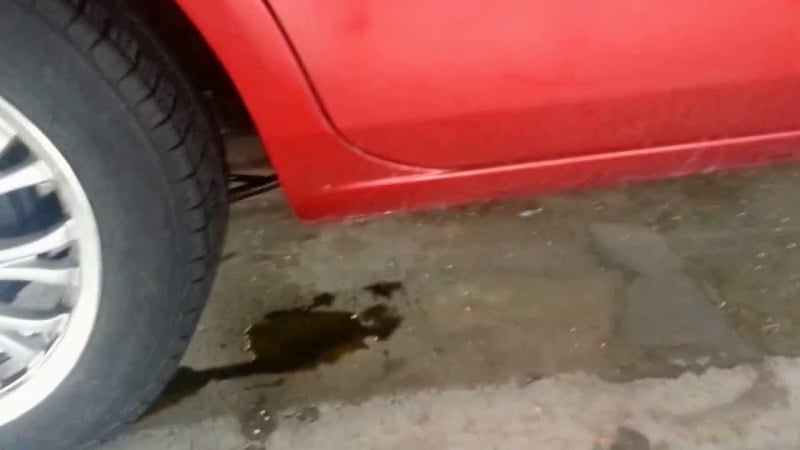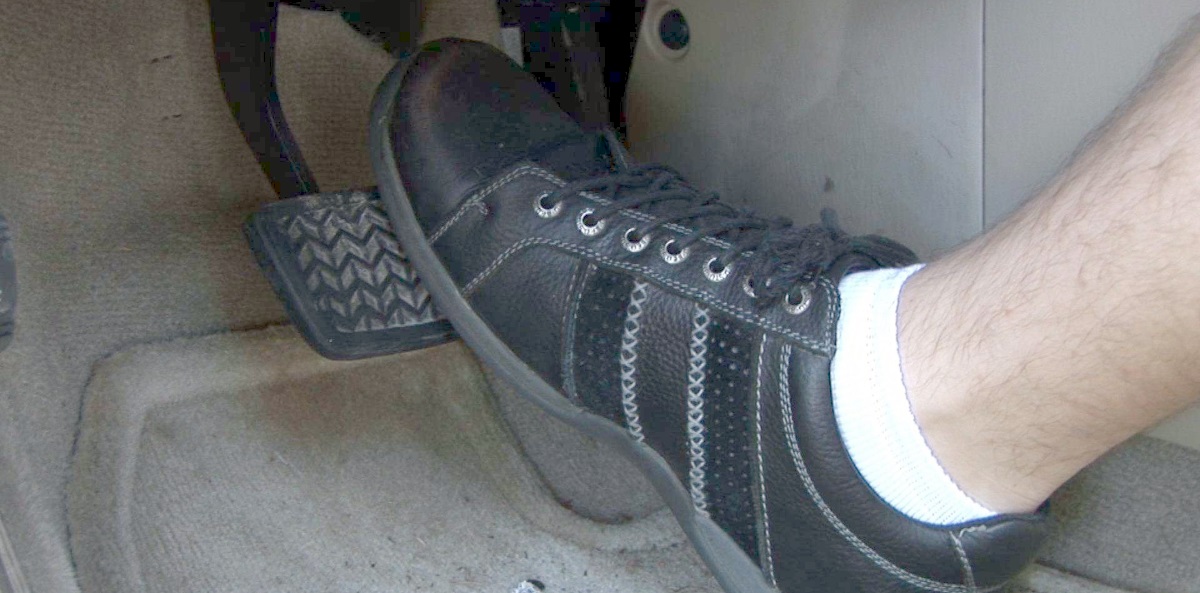Why Do Your Brakes Feel Soft or Spongy?

Brake fluid leaks can cause a spongy pedal. The most common place for them to occur is around your wheels.
Alright, picture this: You’re heading down Heaphy Terrace or crawling along Peachgrove Road on a damp morning, go to put your foot on the brake, and whoa — the pedal feels way too soft, or kind of spongy, almost like stepping on a soggy loaf of bread. It’s not just a weird feeling — it can be serious, especially with all the potholes and stop-start traffic we see around Hamilton and even places just out of town like Tamahere or Matangi.
Most brakes work off hydraulic pressure. You press the pedal, the brake fluid shoves that force down the lines and tells the wheels to stop — pretty basic, but it HAS to be tight and sealed. When something’s off, you’ll notice it straight away with a soft pedal.
A soft or spongy brake pedal isn’t just annoying — it’s dangerous. If your stopping power drops while you’re rolling through Frankton or Firth of Thames, it could mean a longer stopping distance, which is the last thing you want when the old retirement village shuttle cuts in front of you at the lights!
Get it checked straight away. If it gets worse, you could be looking at a failed WOF, or worse, an accident.
What Causes That Spongy Brake Feel?
- Air in the Brake Lines: Even with regular car service in Hamilton, air can sneak into the system. It’s common after brake pad changes or if the fluid gets low. This is a biggie in older import Toyotas, or the odd Peugeot 308 we see. Air pockets muck up the pressure, so you end up with a pedal that just isn’t as responsive. Bleeding the brakes will sort this out and get things feeling sharp again.
- Brake Fluid Leaks or Corrosion: Could be a leaky hose, a dodgy join, or rust on the old lines, especially in European cars like a VW Golf or a Suzuki Swift that’s done time on Cambridge Road dodging stones and road grit. If the fluid’s escaping, you’ll lose pressure and feel that squishiness. Here’s a tip: check around your wheels for puddles or oily marks. For tricks on spotting leaks, check out this guide: How to find a brake fluid leak.
- Overheated Brakes: Common after towing the horse float out near Ngāruawāhia or heading down the hill at Dinsdale with a car full of gear. If you’re heavy on the brakes, especially in summer, that fluid can boil — turning to gas, which kills your brake power. Let things cool and lighten up on the pedal, but get your system looked at if it keeps happening.
- Dodgy Wheel Cylinder: Seen this heaps in older Mazdas and the classic Honda Odyssey – cylinder gets worn or damaged, leaks out fluid, and lets air in. See a little moisture or a drip under the back wheel? Don’t ignore it.
- Worn or Rusted Brake Calipers: Calipers take a beating from all the muck and water, especially if you live rural or take the shortcut through Rototuna after heavy rain. If the caliper’s leaking, that’s a soft pedal straight away.
If you need brake fluid bleeding or want to get the fluid replaced, we do that right here in Hamilton. Pop over to Brake fluid bleeding & replacement in Hamilton for all the details.
Spongy Brake Inspection & Repairs Around Hamilton
Noticed your brakes feel off, or just keen to keep your car safe for the school run to Hillcrest or the daily drive to Te Awamutu? Swing by Grimmer Motors. One of our techs can give your brakes a free 10-minute pre-check, tell you exactly what’s up, and run through what needs sorting — no pressure, no jargon.
We see everything here, from hybrid repair jobs on late-model Priuses to the trusty Ford Mondeo that’s made it from Morrinsville and back a thousand times. Whatever you drive, we’ll get your stopping sorted before that next WOF in Hamilton.
If you want peace of mind and brakes you can trust, contact Grimmer Motors, or book your spot below.

